성시경 개인에 관해서는 이런저런 얘기가 있지만,
그의 목소리만큼은 인정하지 않을 수 없다.
그는 입대 전 마지막 노래로 [그들이 사는 세상] OST를 불렀고
제대 후 첫 노래로 [시크릿 가든] OST를 불렀는데
공교롭게 둘 다 내가 가장 좋아하는 드라마들이었다.
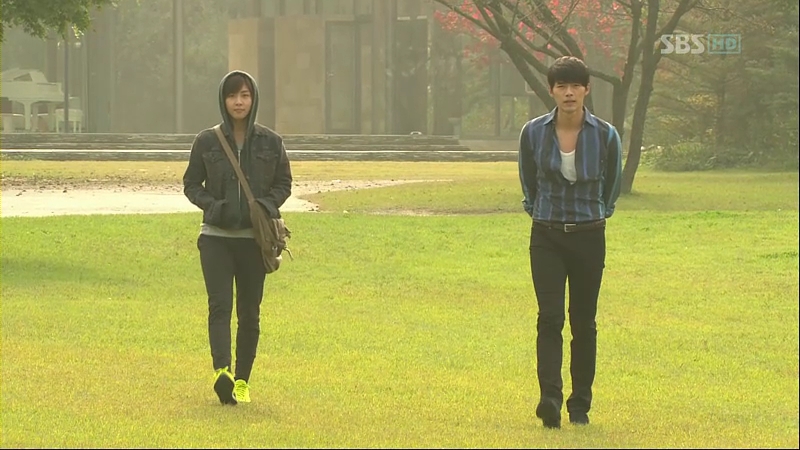
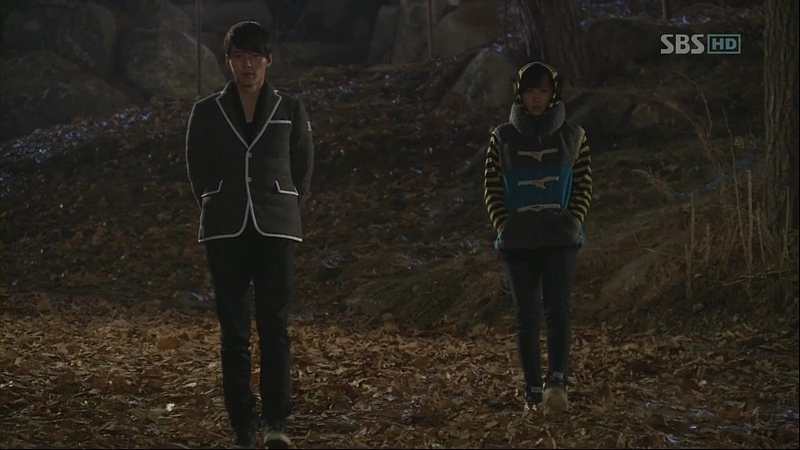
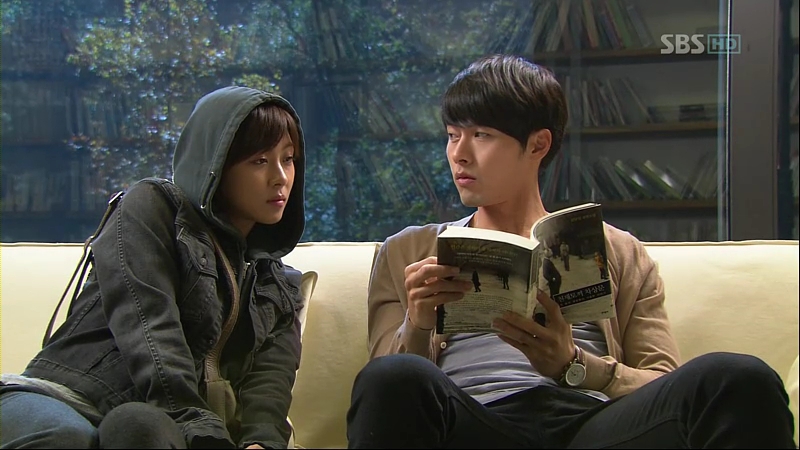

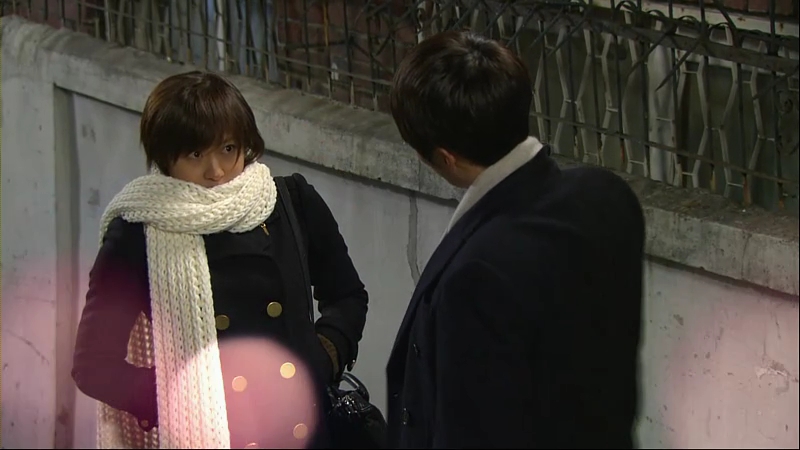
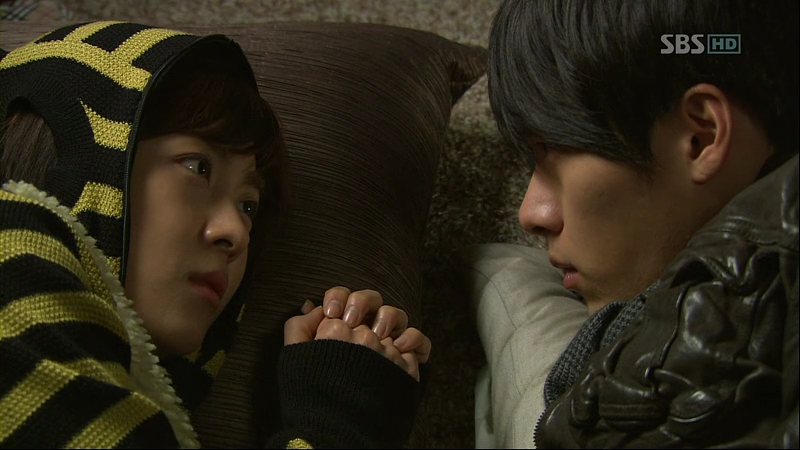
Posted by 아포리아
성시경 개인에 관해서는 이런저런 얘기가 있지만,
그의 목소리만큼은 인정하지 않을 수 없다.
그는 입대 전 마지막 노래로 [그들이 사는 세상] OST를 불렀고
제대 후 첫 노래로 [시크릿 가든] OST를 불렀는데
공교롭게 둘 다 내가 가장 좋아하는 드라마들이었다.






Posted by 아포리아


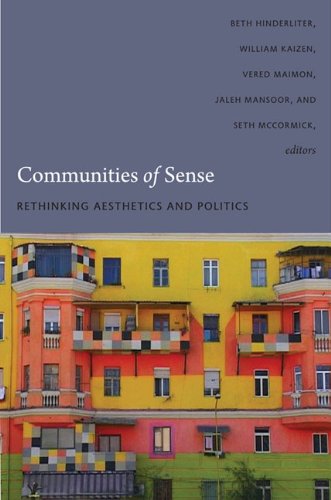
결국 유혹을 못 이기고 인터뷰를 읽었다...
월요일이 되어야 복사기를 쓸 수 있으니,
새까맣게 줄치며 읽을 수 있을 그 때까지 어떻게 기다릴지...
어쨌든 발리바르의 이 언급(그리고 이 언급 전후의 다른 언급들)은
알튀세르와 랑시에르, 발리바르(나아가 푸코와 브레히트와 맑스),
그리하여 정치와 예술(또는 감성학으로서의 미학)의 관계에
관심 있는 모든 사람들에게
퍽 흥미로운 내용이 아닐 수 없으리라.
"(…) It would be fascinating, if we had time, to discuss these concepts'[랑시에르의 'partage' 개념 - 인용자] relationship to a traditional notion of ideology in the Althusserian sense. From Althusser, Rancière inherited a Brechtian insistence on the reciprocity of perspectives between theater and politics, which allows one to understand how political agents can distance themselves from their own representations in history or actively produce new ones. But Rancière completely rejected the Marxian idea that discourses ― with the ideal exception of the discourse of a scientific practice of politics ― remain blind to their own determinations. This also leads him to suggest another possible understanding of the aesthetic metaphor of the theatrical stage, the one that I borrowed from Freud's idea of "the other scene," that is, the theater of the unconscious. This has been for years the latent, at times even explicit, divergence between Rancière and me (perhaps two very different ways of departing from Althusser): he would insist on the manifest side of the scene, the semantic and sensible process that makes the conflict visible, and I would insist on the hidden side of the scene (except for some violent intrusions), which calls for a "civilization" of revolution itself. He would also insist on the emancipatory breakthrough that sets a new stage for the political by giving a new visibility to the discourses and the bodies that were barred from public expression; and I would insist on the risks, the ambivalence of the violence that is necessary to break the consensus, to remove or open up the power structures that prevent the subaltern from sharing in the public sphere or the dominant culture. (…)"
- Etienne Balibar, "Interview with Étienne Balibar", in Beth Hinderliter et al. eds., Communities of Senses: Rethinking Aesthetics and Politics, Duke University Press, 2009, p.322.
Posted by 아포리아